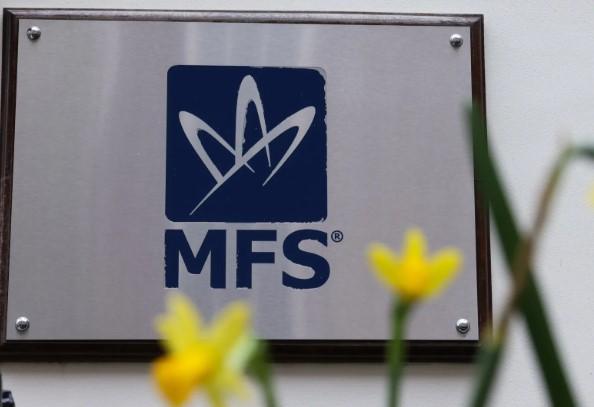Wage inequalities in Greece are increasing compared to the European average, according to data analyzed by the Center of Planning and Economic Research (KEPE) in its publication “Economic Developments, Issue 58.”
Specifically, in 2022, the wage situation in Greek regions worsened significantly, with a clear divergence from the European average. Attica continues to record higher wage levels compared to the rest of the country; however, it still fails to converge with the major metropolitan centers of Western Europe.
At the same time, Greece’s overall position has shifted closer to that of Eastern European countries—a development highlighted by KEPE, which points out that since 2022, many of these countries have improved significantly and in several cases have even surpassed Greece.
This trend reflects the prolonged effects of the multi-year economic crisis, the long-standing wage restraint imposed by fiscal adjustment policies, and weak investment activity that could have supported a shift toward high-productivity sectors.
In contrast, Eastern European regions appear to be integrating more effectively into international market demands, making better use of investment opportunities and their comparative advantages.
Greek regions at the bottom of the EU27 wage ranking
Among the 237 regions of the European Union (EU27), Greek regions now occupy the lowest positions in terms of average wage levels. In 2009, the region of the North Aegean ranked 202nd, while in 2022 it fell to 237th place—the very bottom of the list. Similarly, the Epirus region follows in second-to-last position (236th).
On average, between 2009 and 2022, Greek regions have fallen by roughly 40 places in the European wage ranking.
Source: tovima.com






![Ρωσία: Αυξάνει τις επιθέσεις με drones [γράφημα]](https://www.ot.gr/wp-content/uploads/2026/02/UKRAINE-DRONE-ATTACK-300x300.jpg)




















![Ρωσία: Αυξάνει τις επιθέσεις με drones [γράφημα]](https://www.ot.gr/wp-content/uploads/2026/02/UKRAINE-DRONE-ATTACK.jpg)













